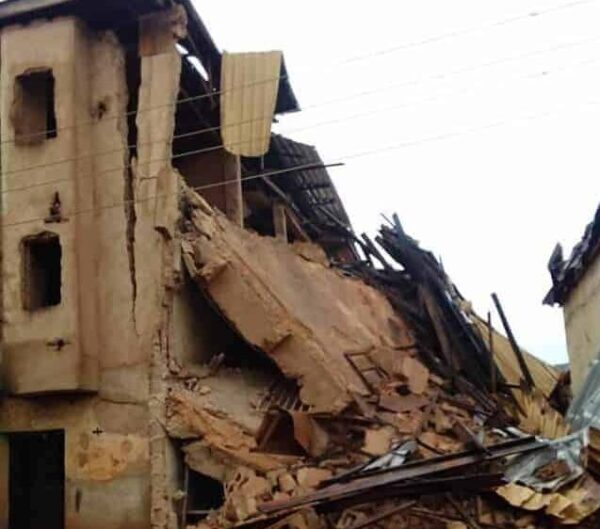UN Secretary-General António Guterres has called for prioritisation of disaster risk reduction in infrastructural development.
In a message on Sunday to mark the 2019 International Day for Disaster Risk Reduction, Guterres said “there is a strong economic case for climate resilience and reducing the risk of disasters’’.
He stated that climate resilience and disaster risk reduction must be central to the trillions of dollars that would be invested in new housing, schools, hospitals and infrastructure over the coming decade.
He noted that besides being the right thing to do, investment in disaster reduction and climate resilience could also ease and prevent human misery and drive economic development.
“It creates jobs, saves money and, for every dollar invested, six dollars can be saved,’’ the UN Chief said.
The News Agency of Nigeria (NAN) reports the message is particularly relevant in Nigeria, where building collapse is a challenge.
READ ALSO: Army overrun bandits’ camps, neutralise notorious leader named Emir, 59 others
Guterres also pointed out the “horrendous suffering” that disasters can inflict and the decades of development gains wiped out “in an instant”.
He, therefore, called for “greater focus on urgent climate action’’.
The Secretary-General also stressed the need for disaster risk reduction to be at the heart of actions towards the Sustainable Development Goals (SDG).
Observed on October 13 annually, the International Day for Disaster Risk Reduction was established by the UN General Assembly in 1989 to raise public awareness about disaster reduction.
The theme for this year’s edition, “Reduce disaster damage to critical infrastructure and disruption of basic services”, focuses on reducing damage to critical infrastructure and disruption of basic services.
It refers to one of the seven targets of the 2015 Sendai Framework, a major agreement on reducing disaster risks, adopted at the Third UN World Conference on Disaster Risk Reduction in Sendai, Japan.
The day also celebrates how people and communities around the world are reducing their exposure to disasters and raising awareness about the importance of reining in the risks they face. (NAN)


